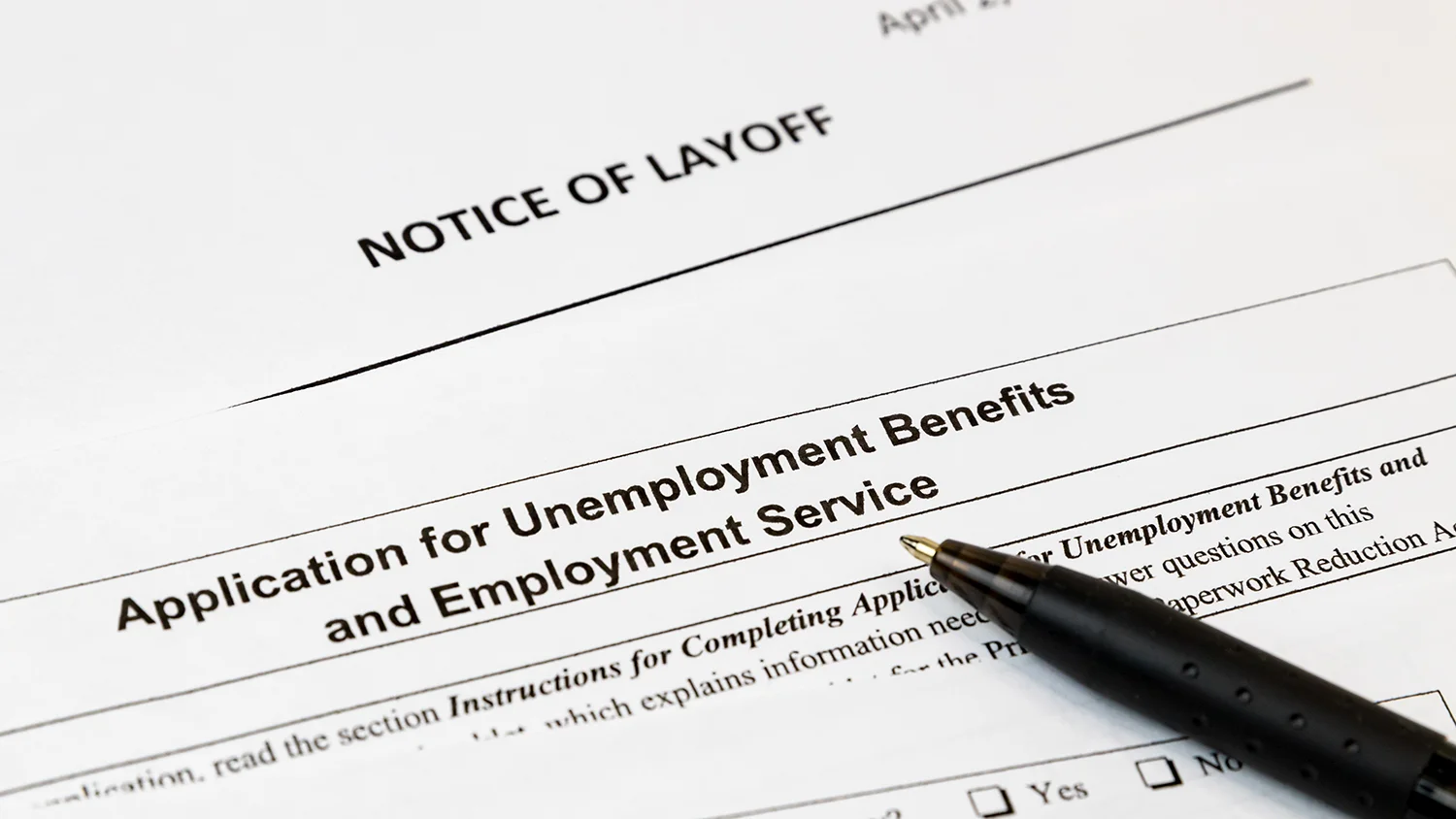Wage Claims Against Employers and Managers
Can my boss deduct money from my paycheck?
Short answer:
Under Utah law yes, but if the boss ends up being wrong (and the money belonged to you), you may sue him for theft, interference with chattels, or conversion. See the case review below (Utley case).
Under federal law yes, too, but if that means you are not getting paid minimum wage and/or overtime, he has a problem on his hands. You see, the FLSA requires employers to promptly pay their employees a minimum wage (and that is for every pay period). See 29 U.S.C. § 206(a).
Thus, if the employer makes a deduction from your paycheck – for whatever reason – and that deduction brings your pay under the minimum wage, the employer could end up having having to pay the minimum wage double (liquidated damages) and attorney fees. This often happens when an employer withholds the employee’s final paycheck. Paying a person $0 obviously means the employee worked that period for less than minimum wage. This is even the case if an employer deducts for cash register shortages.
Solis v. Supporting Hands, LLC, (D.N.M. Apr. 30, 2013).
Under both laws, if it looks like the boss is doing that to retaliate against you for asserting your right to wages, he has another problem on his hands.
The leading case on this in Utah is Mill Man Steel. In that case, Mill Man Steel fired Kendall Utley “on suspicion that he had misappropriated steel from the company. In so doing, Mill Man refused to pay Utley the commissions he claimed to have earned, asserting a right to withhold the commissions as an offset against the value of the allegedly misappropriated steel.”
The employee, Mr. Utley sued, saying Mill Man violated the Utah Payment of Wages Act (UPWA) because they withheld money from him without his written consent. The district court granted summary judgment for Utley, but the trial court was reversed.
The court essentially said in cases such as alleged theft, an employer can withhold money, but does so “at its peril, however.” In other words, “if the offset – or deducation – is not found to be warranted, the employer will be subject to liability and penalties under the UPWA.” When an employer withholds pay and fires an employee that employer could end up having to pay the employee up to 60 more days of wages (even though the employee no longer works there), and even face criminal prosecution.
Utley v. Mill Man Steel, Inc., 2015 UT






